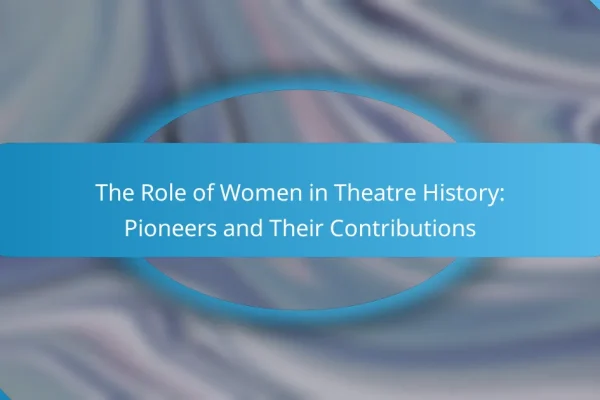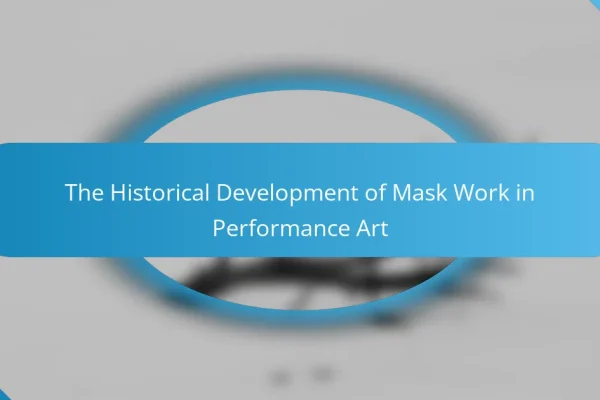
Exploring ‘A Streetcar Named Desire’: Character Development, Symbolism, and Social Commentary
The article explores Tennessee Williams’ play “A Streetcar Named Desire,” focusing on character development, symbolism, and social commentary. Key themes such as desire, mental illness, and the conflict between reality and illusion are examined through the experiences of characters like Blanche DuBois, Stanley Kowalski, and Stella. The play reflects societal values of post-war America, highlighting…








